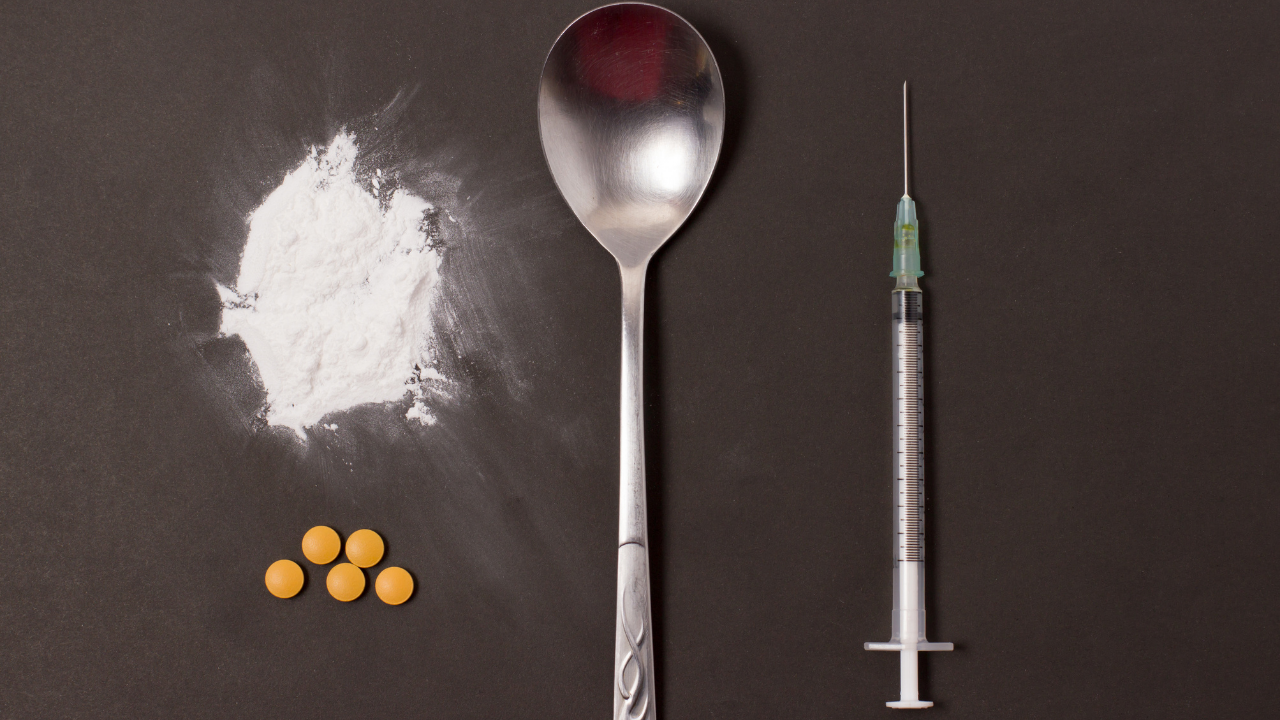
FASD: The Invisible Legacy We Can’t Ignore
Jun 05, 2025What Every Parent Needs to Know About Prenatal Substance Exposure
If you're parenting a child with confusing behaviors, learning challenges, or emotional volatility—and nothing seems to work—it might be time to ask a deeper question:
Could this be FASD?
Fetal Alcohol Spectrum Disorders (FASD) affect more kids than most people realize—up to 1 in 20 children in the U.S., according to FASCETS. That’s more than autism, yet FASD is chronically underdiagnosed and deeply misunderstood.
It’s not just about a child having a “rough start.” It’s about how substances—especially alcohol—can alter the development of a child’s brain, nervous system, and ability to function in daily life.
It's Not Always Visible. But It's Always Real.
FASD doesn't always look the way people expect. There may be no physical signs at all. But inside, the brain works differently. Kids may:
-
Struggle with memory, even if they seem bright
-
Have trouble understanding cause and effect
-
Melt down over seemingly minor things
-
Repeat mistakes despite consequences
-
Act impulsively or get overwhelmed easily
-
Need constant supervision and repetition
It’s not defiance. It’s not laziness.
It’s a brain-based condition.
And it requires a brain-based approach.
FASD Can Begin Before Birth—Even Before Conception
Most people know alcohol and drugs during pregnancy can harm a developing fetus. But fewer know this: substance use before conception—especially by the father—can also impact a child.
Studies now show that a father's substance use at the time of conception may influence brain and facial development in their future children. (source)
That means many children may be living with the effects of something no one could have predicted, recognized, or prevented once the pregnancy began.
This isn't about blame. It’s about truth and understanding. When we name what’s really going on, we can finally get kids the support they need.
What If That Was Your Child?
As an adoptive parent, I’ve had to confront hard truths about my children’s prenatal experience. There were things out of their control—and out of mine—that shaped who they are today.
I sometimes catch myself imagining the fragility of a newborn, and then remembering: these children were even more vulnerable in the womb. The thought is overwhelming. Heartbreaking. Infuriating.
And yet—I’ve also learned to replace judgment with compassion.
I’m not angry at their birth mother. I’m sad she didn’t have the support she needed.
I know she made the best choice she could under impossible circumstances.
She loved her babies enough to give them a chance.
FASD Requires a New Kind of Parenting
This isn’t “try harder” parenting. It’s not “stick to consequences” parenting.
It’s accommodations-based, compassion-driven, neurobehavioral parenting.
And that’s where FASCETS (Fetal Alcohol Spectrum Consultation, Education and Training Services) has been a lifeline. Their work teaches us how to shift from frustration to understanding, from punishment to partnership.
If your child doesn’t learn from consequences… if they need constant reminders… if they’re often overwhelmed by the world around them… you’re not failing.
You might be parenting a child with FASD.
And once you know that, everything changes.
You’re Not Alone
I know how isolating this can feel.
How people think your child is just being “bad.”
How schools punish or incentivize them without understanding them.
How even therapists can miss the signs.
You are not crazy.
You are not a bad parent.
And your child is not broken.
They need support.
You need community.
And both of you deserve hope.
At White Awake Parenting, I work with adoptive parents and caregivers navigating complex trauma, neurodivergence, and diagnoses like FASD.
This work takes everything you have. But you don’t have to do it alone.
Let’s walk it together—with honesty, humility, and the fierce love your child deserves.
Marion Van Namen
Founder, White Awake Parenting
Don't miss a beat!
New moves, motivation, and classes delivered to your inbox.
We hate SPAM. We will never sell your information, for any reason.
